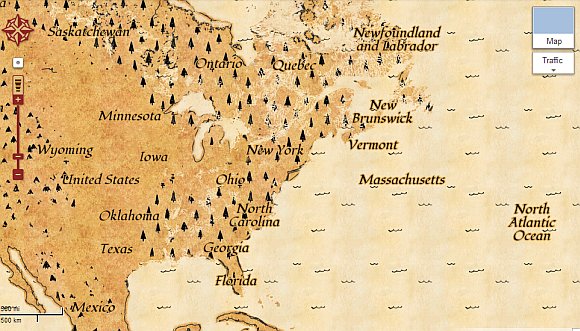Over the past few years, we’ve become accustomed to the tech world presenting plenty of April Fool’s Day gags, many of which involve brilliant-sounding products that turn out to be too good to be true. This year thought, it seems many firms have decided Facebook advertising is the best way to spread the gags.
It’s certainly a strategy that makes some sense. Some people who see a funny April Fool’s gag on a website or in a newspaper might go to the effort of copying and pasting the address or page reference into an e-mail or status update, but with Facebook it’s just a click to “like” or share the gag, and people are already in the mindset of doing so.
With that in place, and with me still battling my way through the various options of the new-style newsfeeds on Facebook (“All Friends” seems to be what I want), I probably shouldn’t have been surprised to see a whole stream of gags today including the following.
BMW launching the Postnatal Royal Auto Mobile (pram), a limited edition vehicle for the forthcoming child of Prince William.
Google Nose, a new search tool that uses sound waves to temporary align molecules near your computer to simulate scents:
Google Maps replacing default images with pirate-style treasure maps.
Google finally closing its video competition “Youtube” and preparing to select a winner from the millions of entries.
NOW TV running a prize draw to win the actual air guitars from Bill & Ted’s Excellent Adventure
IKEA’s UK branches offering a flat pack lawnmower, GRASSAX, to save space in your garden.
The liberal-leaning Guardian newspaper launching its own version of Google Glasses, which will provide the newspaper’s reviews when you look at a movie theater, rate foods in the grocery store for ethical sourcing, and automatically black out any columns by right-wing writers.
Of course, traditional media still has plenty to offer. Perhaps my favorite so far is the BBC’s radio show Today claiming that a railway company was to put barcodes on the side of trains so that trainspotters could simply scan them with a smartphone and upload the sighting rather than use a pencil and notebook.
And from new media, Twitter has announced that from now on you’ll have to pay $5 a month to use vowels on the site. If you want to post free of charge, you’ll have to switch to the basic Twttr service, which includes complimentary use of “y”.




